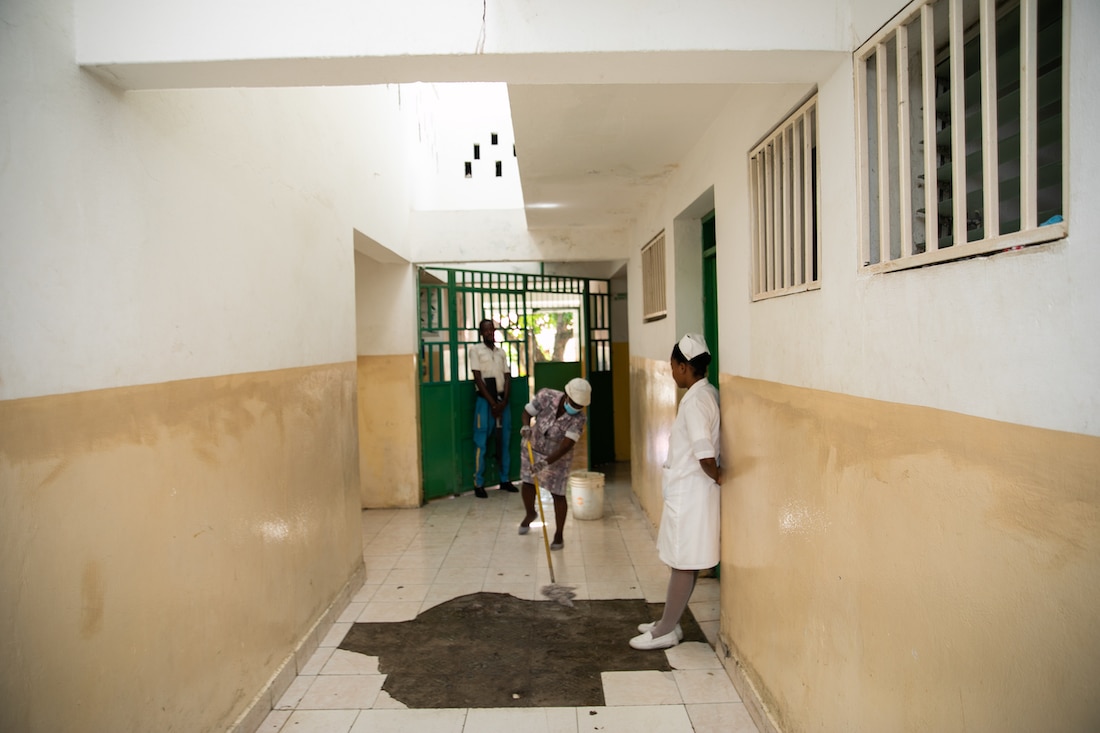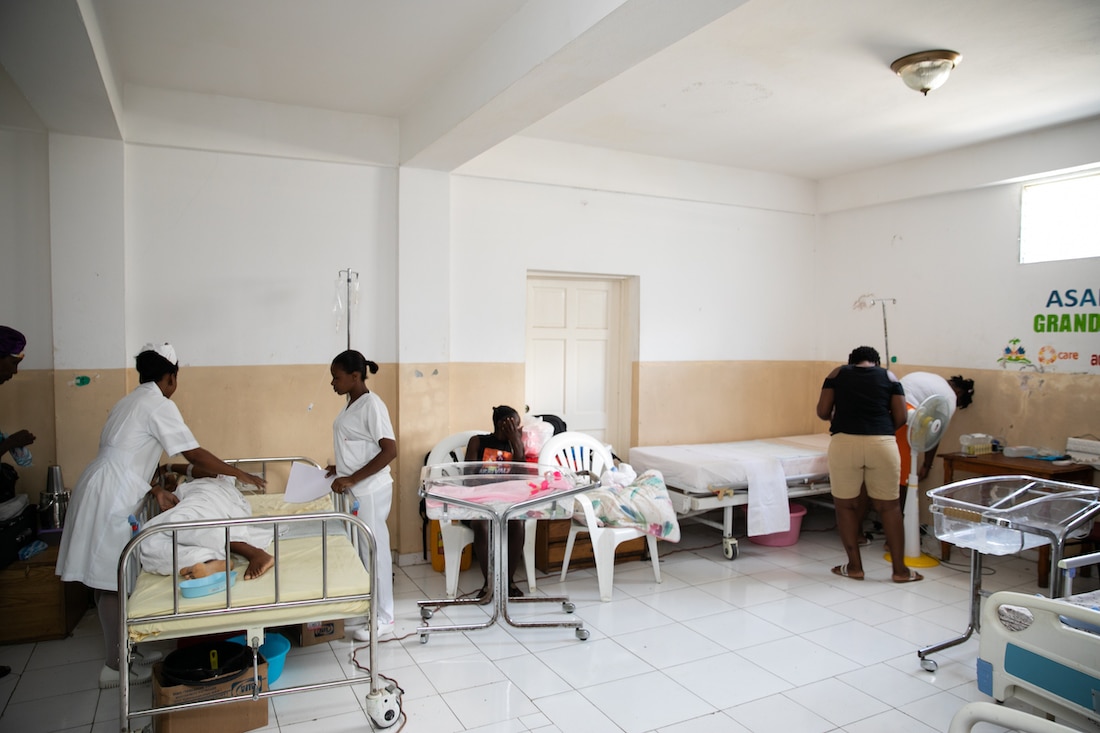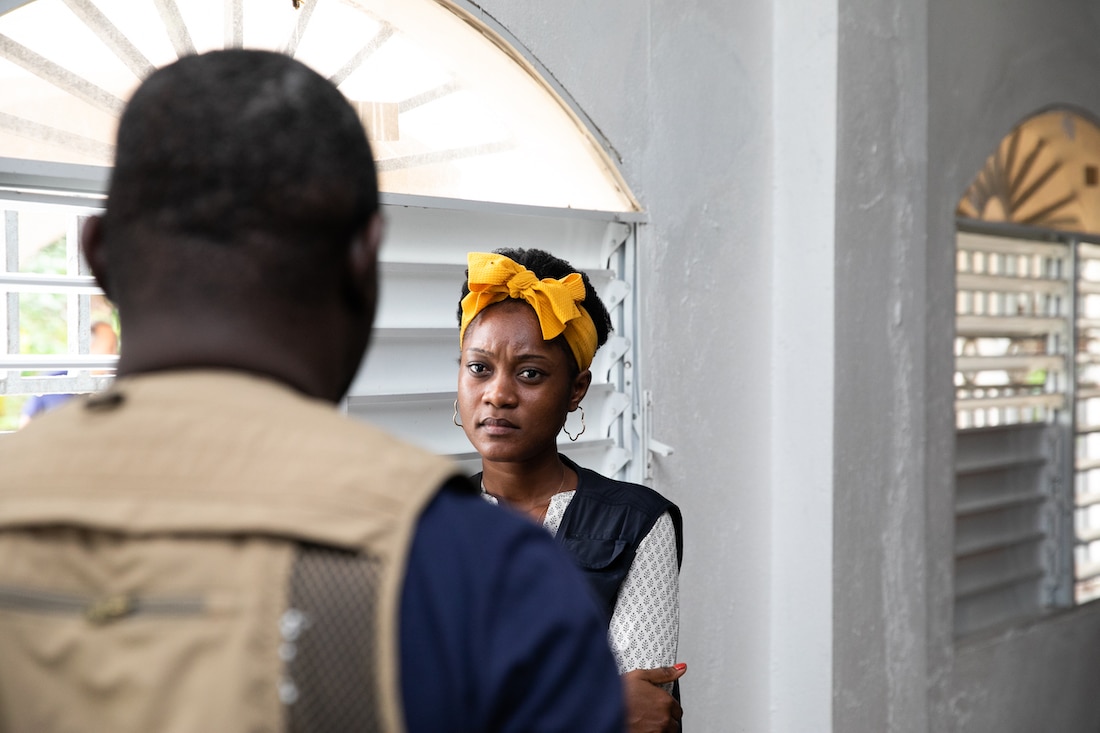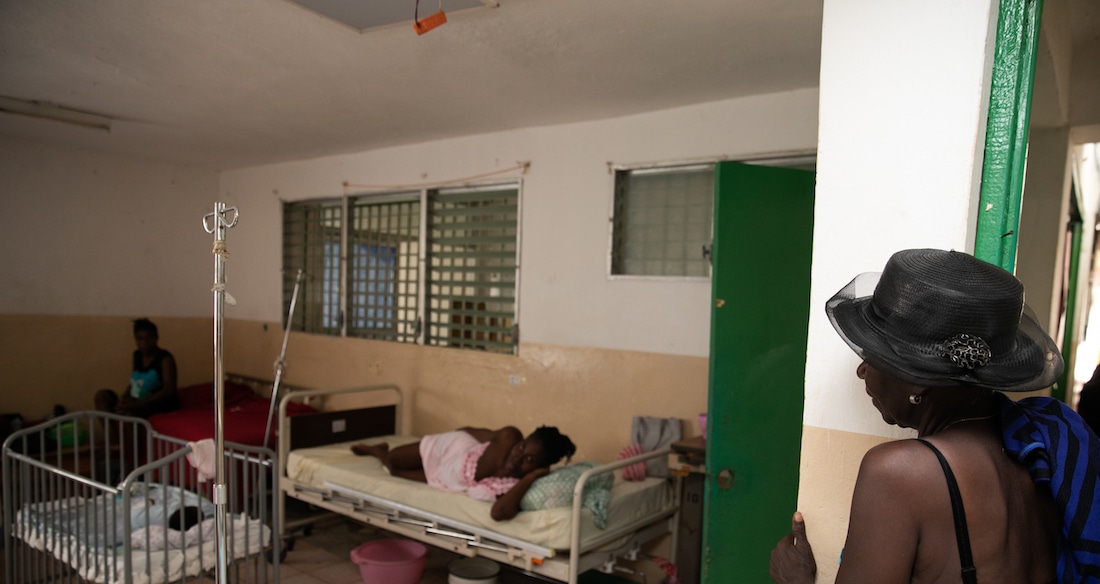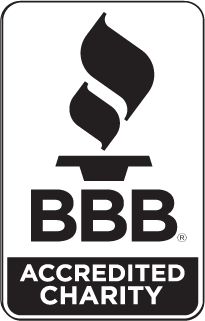Photos: Restoring Hope to Haiti’s Health Systems
Haiti’s growing humanitarian crisis has pushed the island’s health systems to the brink. See how Project HOPE is working inside hospitals and communities to strengthen access to the essential care Haitians need.
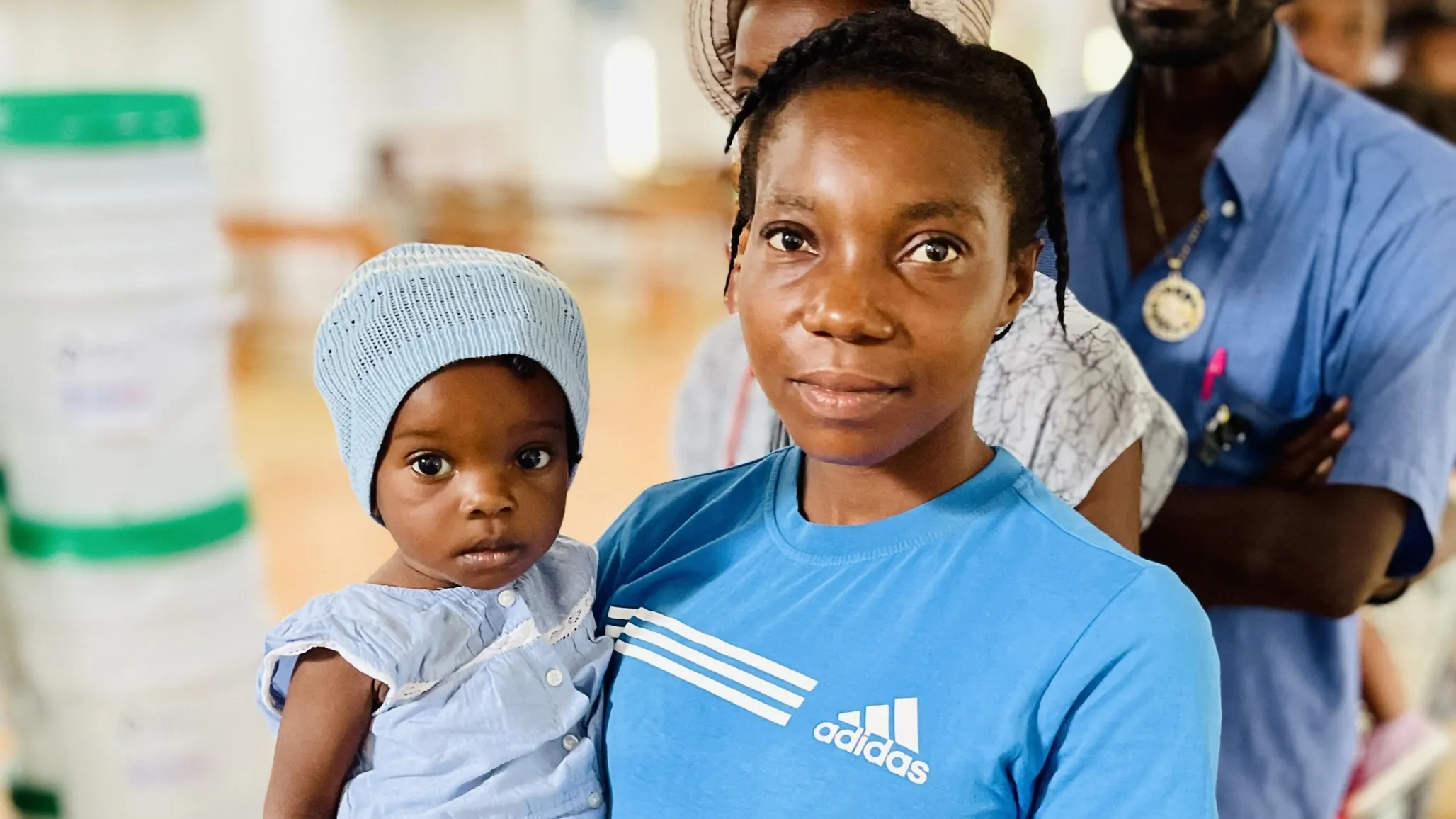
Haiti is facing a compounding health crisis. With many of the island’s communities still struggling to recover from a devastating 2021 earthquake — and with recent earthquakes, flooding, and another hurricane season looming — urgent health needs are on the rise inside communities already reeling from gang violence, the resurgence of cholera, political and economic turmoil, and life-threatening food insecurity.
Dangerous shortages of medicines and health workers have left Haiti’s health systems unequipped to meet the need. A recent Project HOPE health assessment in southern Haiti revealed the alarming health needs in the island’s Grand Sud region: over half the people our team talked to said they have to travel more than an hour on foot or by Taptap (open truck) to access a health facility. Forty-six percent of pregnant women do not give birth at a health facility, often relying on untrained family members and neighbors for support.
In early 2023, Project HOPE began implementing a multi-sectoral response to Haiti’s complex humanitarian crisis. Our response focuses on health, protection, and water, sanitation, and hygiene (WASH) needs to strengthen the island’s health systems in the Sud, Grand’Anse, and Nippes departments.

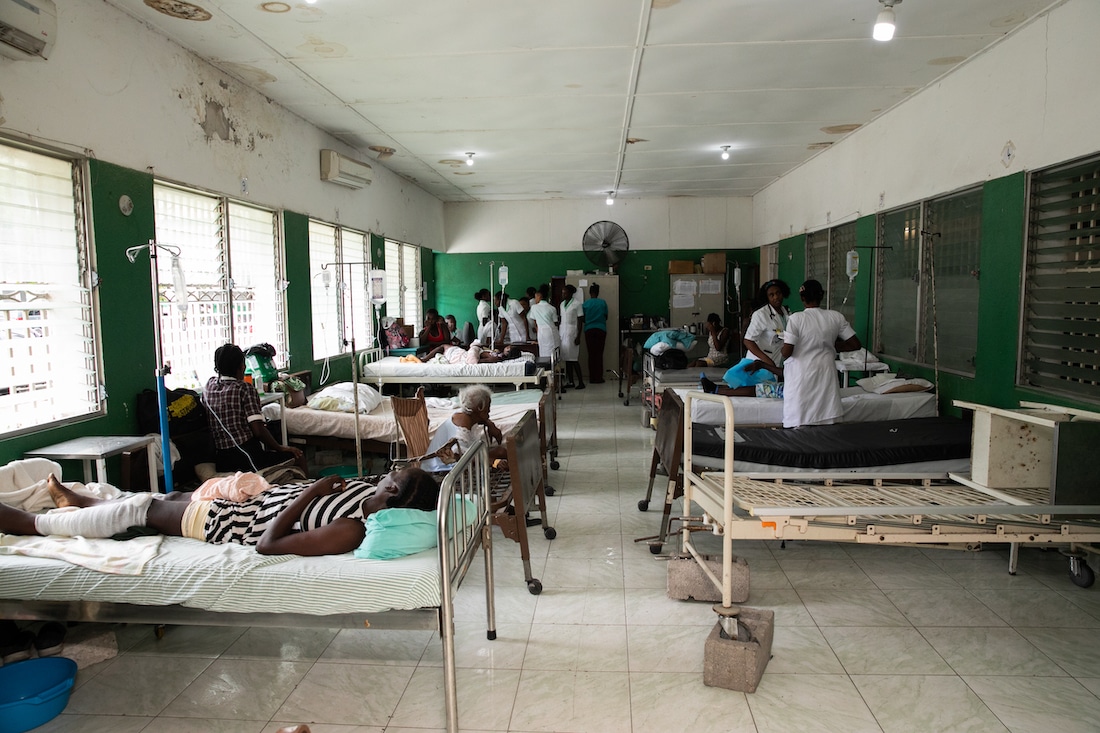
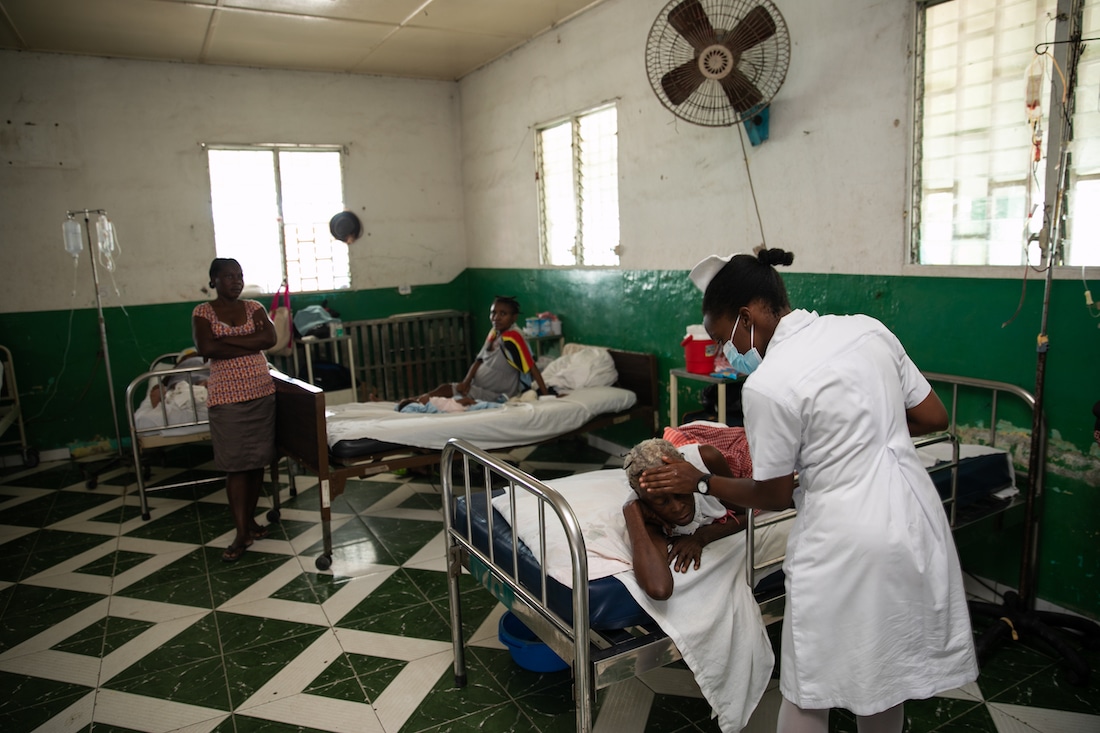
“In hurricane season, vigilance is essential,” says Dr. Mozart Wildonja, Project HOPE’s medical director in Haiti.
The risk of waterborne illness is always high in Haiti, but especially now: many communities have no water system, Dr. Wildonja says. Gutters are blocked and water sources are contaminated. Heavy rains and standing water threaten the spread of dangerous diseases, especially in communities where hygiene items are hard to procure. It isn’t just the threat of hurricanes that looms: In early June, intense rainstorms caused severe flooding across the island, killing dozens of people.
Project HOPE’s work in Haiti includes the distribution of hygiene kits in local communities to help families protect themselves from illness. On a warm afternoon inside a church in Marfranc, a simple bucket is all it takes to slow the spread of disease.
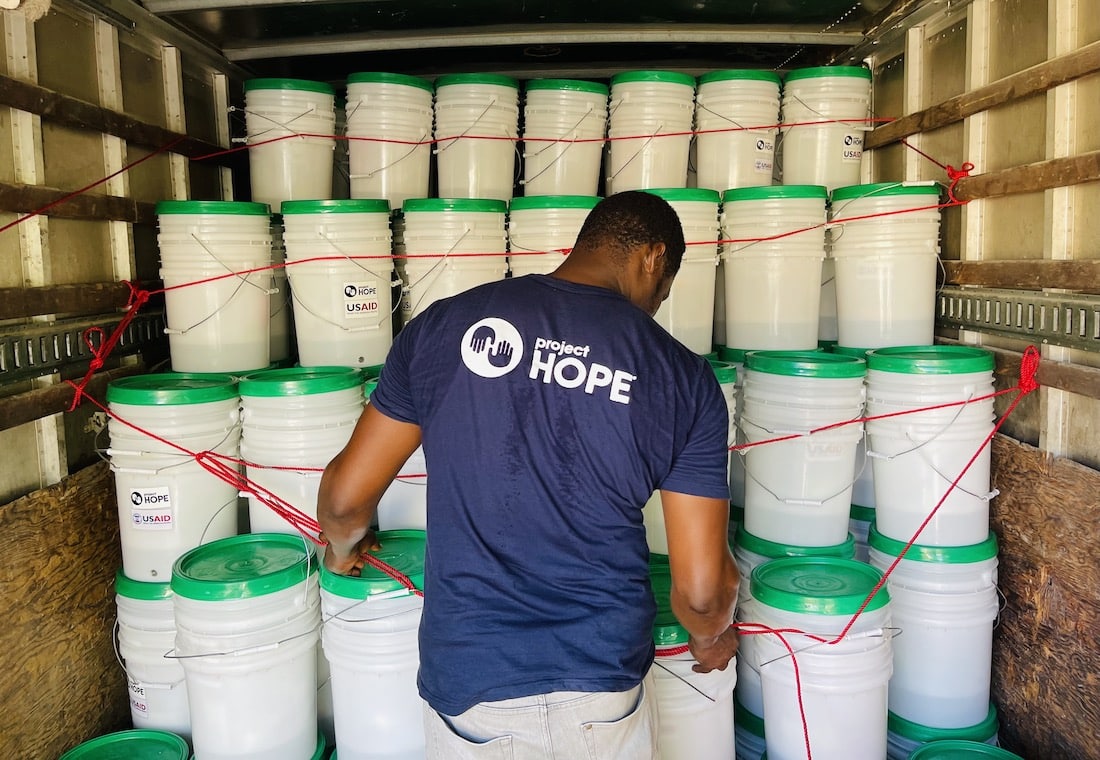
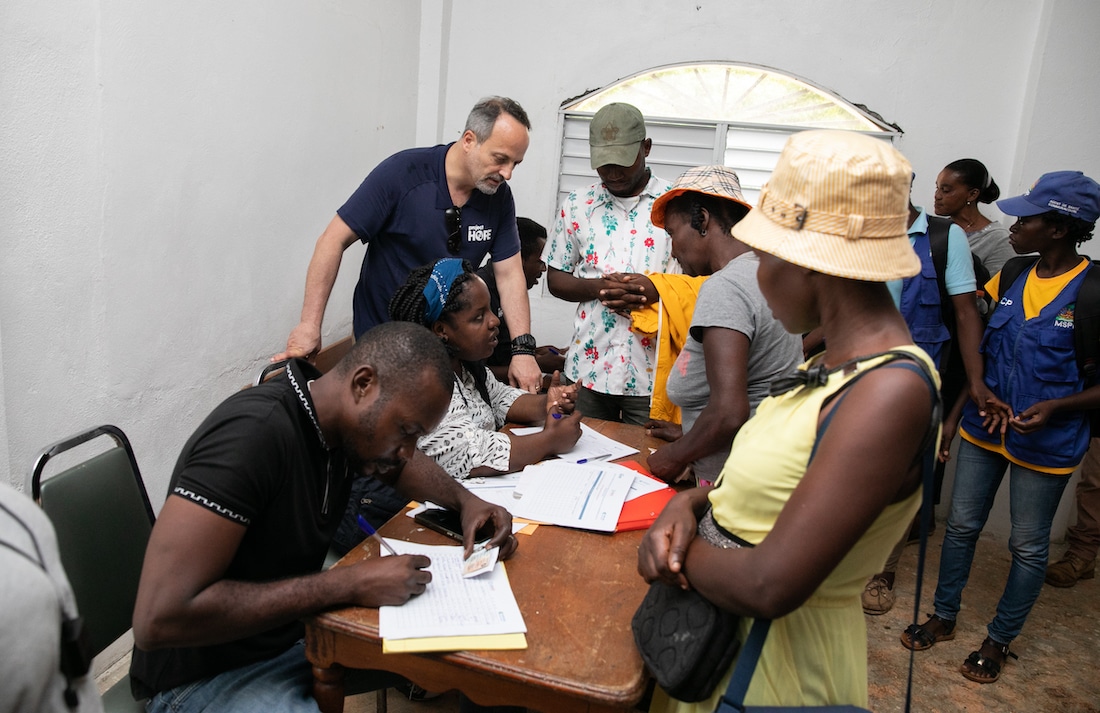
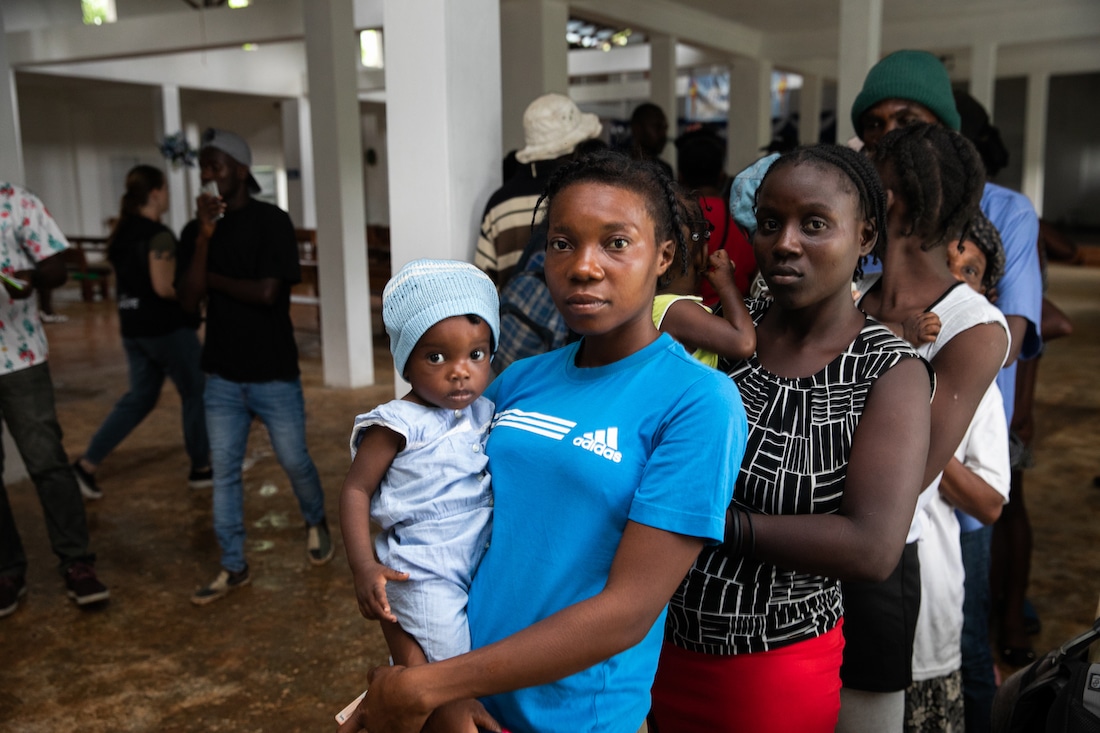
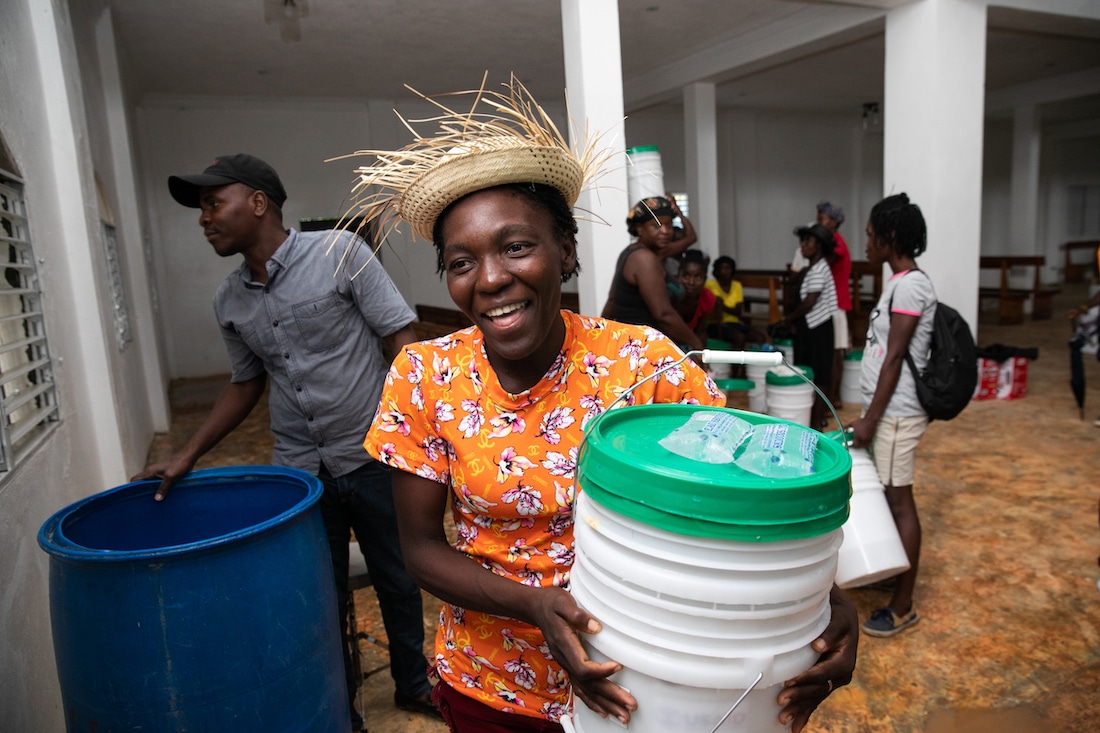
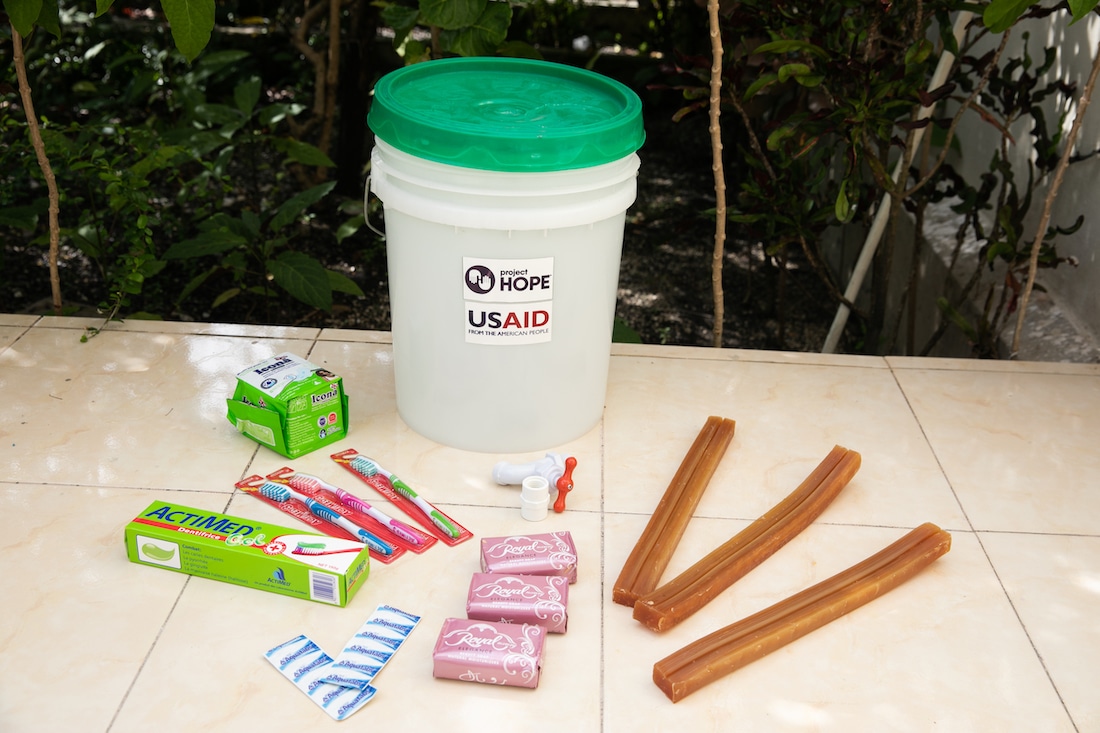
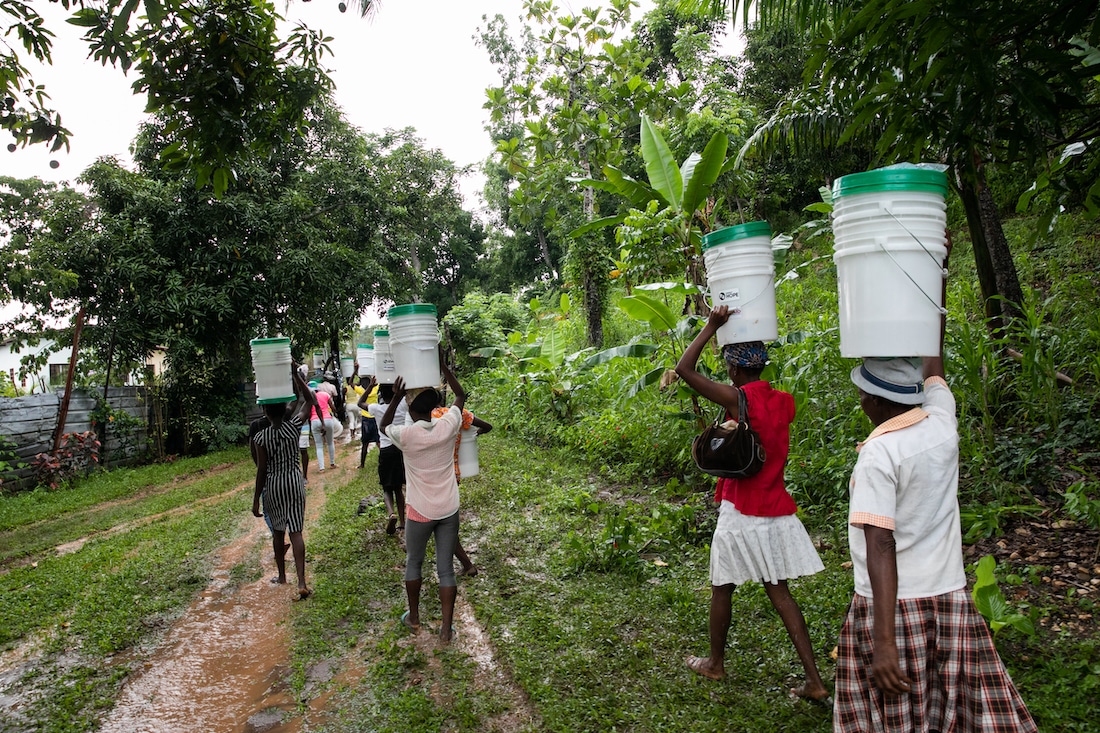
Haiti was declared cholera-free in February 2022 — an important milestone for a nation that had seen nearly 10,000 deaths since the disease was introduced in 2010. But just a few months later, cholera was back: From October 2022 to February 2023, Haiti experienced more than 33,000 suspected cholera cases and hundreds of deaths.
Cholera treatment centers (CTC) are an important frontline resource for hospitals facing a rise in cholera patients. At Saint Antoine Hospital, which Project HOPE supports in Jérémie, the cholera treatment center operates 24 hours a day. But it’s not just cholera’s resurgence that threatens to strain the hospital’s resources. The threat of disaster is never out of sight: On June 6, a 4.9-magnitude earthquake left four dead and more than 51 injured in Jérémie. Health facilities in the area maintained continued operations but badly needed pharmaceuticals and medical supplies.
“All the hospital’s departments are in great demand,” says Dr. Wildonja. “In the event of a major crisis, the hospital’s capacity will be overwhelmed.”
